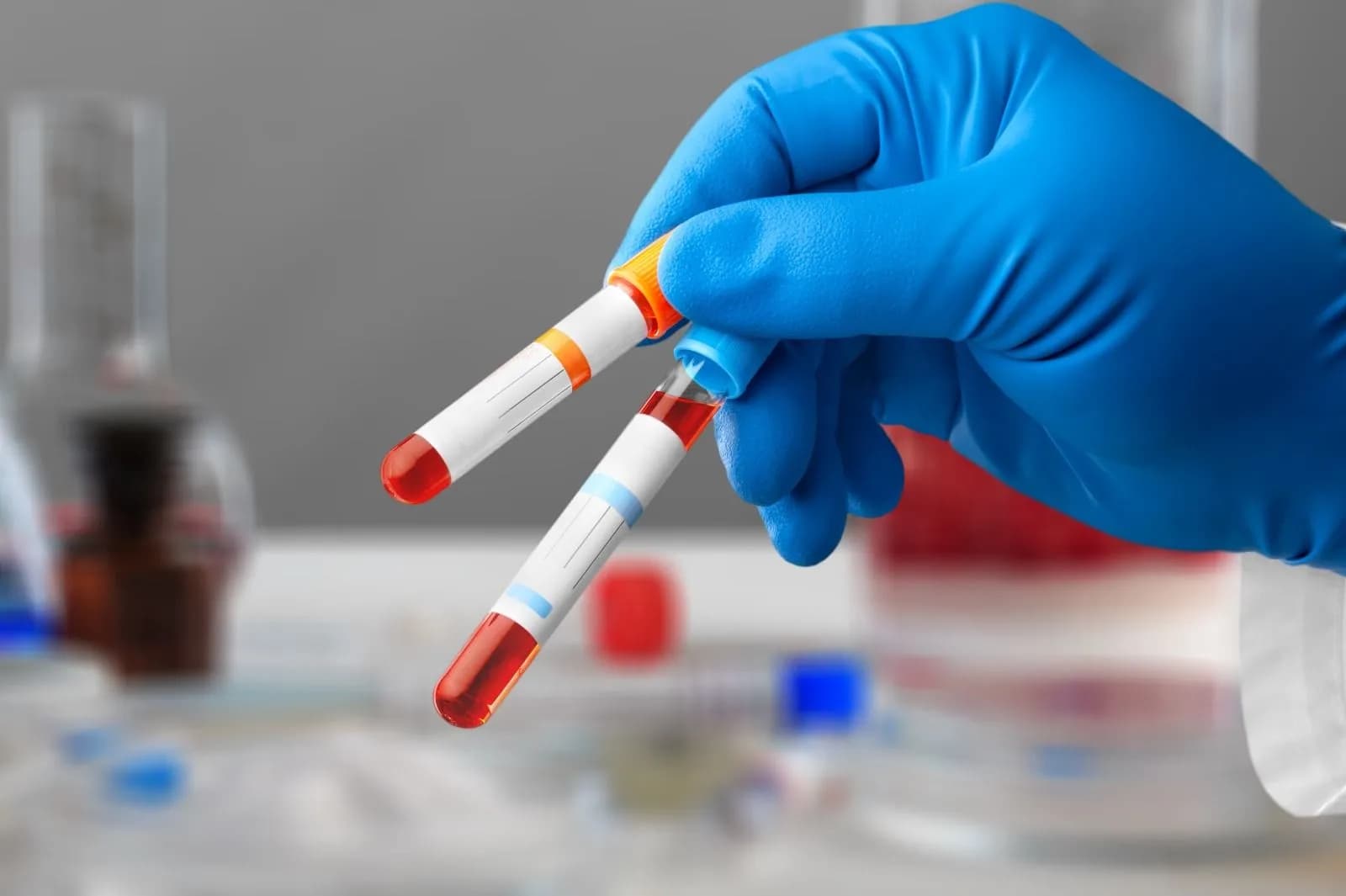All About Anemia: Types, Symptoms, Diagnosis, And More

Medically Reviewed By
Dr Divya Rohra
Written By Meenakshi
on Feb 2, 2023
Last Edit Made By Meenakshi
on Mar 18, 2024

With tight schedules and rat-race for succeeding, it’s no wonder every second or third individual feels fatigued or sleepy throughout the day. It’s common, but ongoing fatigue, which is not going away, could be because of something serious like Anemia.
Anemia - What is it?
Anemia is a condition that occurs when you don’t have enough hemoglobin or red blood cells, which are crucial for carrying oxygen throughout the body.
It can be diagnosed easily with a simple blood test like Anemia Blood Test. It measures the size and number of RBCs, WBCs & Platelets & Hemoglobin. There are several forms of this disease, and each type has telltale symptoms. You first know the symptoms.
Some Common Form Of Anemia Are:
- Iron Deficiency Anemia: Being one of the most common forms of anemia, Iron Deficiency Anemia happens when your body lacks healthy red blood cells due to a shortage of iron. RBCs are responsible for carrying oxygen to tissues; its shortage doesn’t let your body get enough of it, which can lead to various health issues. Inadequate iron intake, heavy blood loss due to menstruation/surgery or accident, pregnancy, or inability to absorb iron is some reasons that increase your chances of developing it. Moderate to severe iron-deficiency anemia can cause:
- Unexplained fatigue
- Weakness
- Difficult breathing
- Craving to eat items with no nutritional value
- Brittle nails
The condition may cause many symptoms that should be considered attentively to catch the problem and start the treatment in time.
- Vitamin Deficiency Anemia: Also called pernicious anemia, Vitamin Deficiency Anemia occurs when your body doesn't have enough of vitamin B12 or B9 (folate) and fails to absorb nutrients due to some disorder. Intestinal problems, excessive alcohol use, specific medication, a history of gastric surgery, or a diet that lacks vitamin B12 or B9 are some significant causes of the condition. Their symptoms are subtle and gradually worsen over time. Some common signs that one needs to pay attention to are:
- Heart palpitations
- Shortness of breath
- Sudden weight loss
- Muscle weakness
- Pale skin
Your healthcare professional may look into the symptoms and suggest an Anemia Profile Blood Test accordingly to take further action.
- Sickle Cell Anemia: It changes the shape of red blood cells, which are majorly responsible for carrying oxygen to other body parts. Symptoms of sickle cell anemia usually start at around 6 months of age and may change over time.
- Swelling of hands and feet
- Frequent infections
- Delay growth in infants & puberty in teenagers
- Vision problems
Seeking prompt medical attention is essential to control the condition and reduce your risk of developing complications.
- Hemolytic Anemia is another form of anemia that develops when RBCs in your blood are destroyed faster than bone marrow can replace them. The condition can be either inherited or can be developed later in life. It’s obvious that each person develops different forms of symptoms, like:
- Abnormal paleness
- Dark-colored urine
- Weakness & dizziness
- Enlarged spleen & liver
- Increased heart rate
The symptoms are similar to other blood conditions; thus, healthcare professionals suggest an Anaemia Profile Blood Test to diagnose the condition.
This is not it, there are more than 400 types of anemia, and each type has different causes and symptoms. Most anemia forms are treatable if caught early, but some require continual treatment. Find the reason below.
Factors That Could Lead To Anemia Are:
- Intestinal Disorders: Intestinal disorders such as Crohn's disease and celiac disease affect your body’s ability to absorb nutrients and put you at risk of anemia.
- Pregnancy: Mild anemia is common during pregnancy, but if not managed early, it could adversely affect maternal & fetal well-being.
- Menstruation: Menstruation is common, but heavy periods cause the loss of red blood cells and could lead to iron-deficiency anemia.
- Family History: You could also get affected by the disease if it is in your genes. However, it is not confirmed and is only a factor that puts you at a higher risk than those with no family history of anemia.
- Malnourishment: Anyone lacking essential vitamins or nutrients in their diet is more prone to being affected by this condition.
Early Diagnosis And Treatment To Get A Better Control
Anemia can be managed with timely action. The earlier it is caught, the easier it will be to begin the treatment. Therefore, you should be serious about it. It is your health, and you need to be extra responsible. If you are feeling too exhausted all the time or experiencing something out of the blue, don’t just let it go, it could be a sign of something serious. Doctors often prescribe Anemia Profile Test or Anemia Test to screen your risks, detect the condition, prescribe treatment, and improve the quality of your life.
The treatment could vary depending on the severity of the condition, type, age, gender, and other factors. But for that, you need to diagnose it early. So, do not delay it and get screened with a lab test for anemia today.
Switch To Quality Diagnosis, Switch To Redcliffe Labs!
Diagnosis has a crucial role in ensuring good health, and it has to be accurate to spot the problem and support clinical decisions. Therefore, for accurate reports, switch to a quality diagnostic test for anemia and switch to Redcliffe Labs. Being a reliable diagnostic center, we offer Anemia Profile Test at a reasonable Anaemia Profile Blood Test Price to help you track your health, control the condition and sidestep complications.



